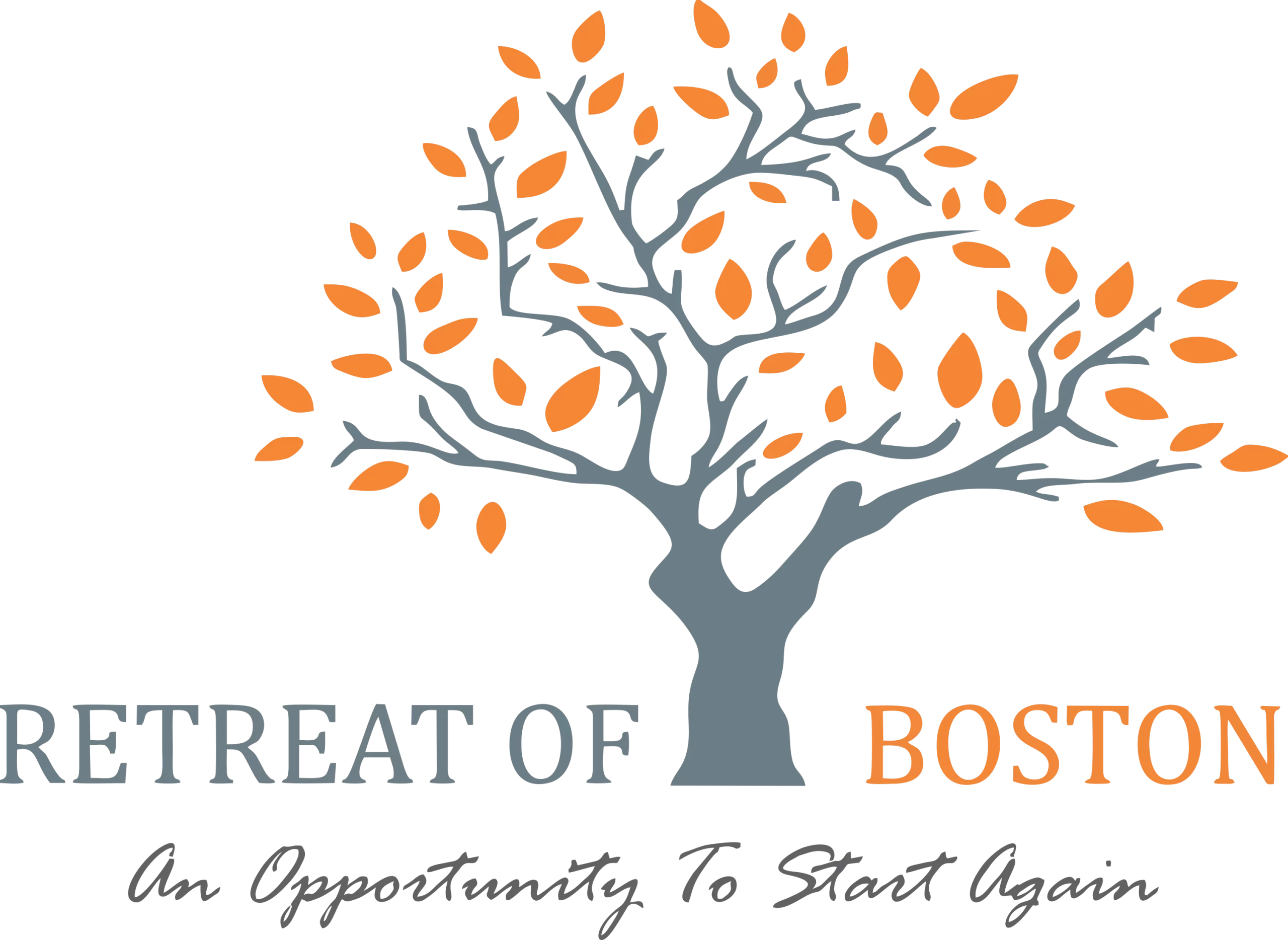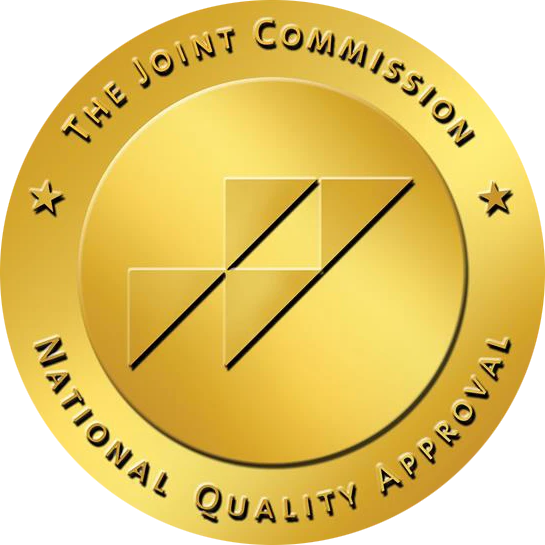Is there a past event or experience in your life that prevents you from having the ability to focus on the present moment? Are you struggling to cope or process what you have been through? Are you experiencing symptoms of PTSD such as nightmares or anxiety?
If the answer to these questions is yes, then trauma therapy is a vital step in your healing journey. Here at The Retreat of Boston, we understand that addiction and trauma often go hand in hand. Thus, we provide comprehensive trauma therapy in Boston for our clients to ensure that they have the utmost opportunity to heal and recover. Our compassionate team of experts is here to guide clients every step of the way. We offer a multidisciplinary approach to addiction treatment. Thereby, combining individualized detox treatment plans and a diverse array of therapies in order to address and treat trauma.
How Does Trauma Impact Addiction?
Trauma can have a significant impact on addiction, and the relationship between trauma and addiction is complex. Trauma refers to distressing or disturbing events that can have long-lasting psychological and emotional effects on individuals. When trauma is not effectively processed or managed, it can contribute to the development or exacerbation of addiction in several ways.
Many individuals who have experienced trauma may turn to substances such as alcohol or drugs as a way to cope with the emotional pain and distress caused by the trauma. This self-medication can provide temporary relief from the symptoms of trauma, such as anxiety, depression, and flashbacks, leading to a higher risk of addiction.
Additionally, trauma survivors may use substances to escape from the memories and emotions associated with the traumatic event. This escape can provide a temporary sense of relief, but it can also lead to a cycle of addiction as individuals repeatedly seek to avoid their trauma-related feelings.
It’s important to recognize that not everyone who experiences trauma will develop an addiction, and the relationship between trauma and addiction is not deterministic. Many individuals who experience trauma do not develop addiction issues. However, for those who do, it’s crucial to address both the trauma and addiction concurrently in treatment. Comprehensive and specialized care that includes therapy, counseling, and support can be effective in helping individuals heal from trauma and overcome addiction.
Our Trauma Therapy In Boston Programs
Here at The Retreat Of Boston, we understand that addiction should be treated from an individualized standpoint. Each client comes with their own unique needs and circumstances. Thus, our trauma therapy in Boston program offers several different modalities and approaches.
Our trauma therapies aim to address the emotional, psychological, and physiological impact of trauma and help individuals regain a sense of safety and control. Our program consists of a number of different approaches including:
Cognitive-Behavioral Therapy (CBT)
Cognitive-behavioral therapy (CBT) is a widely practiced and evidence-based psychotherapy approach that focuses on identifying and changing negative thought patterns and behaviors to address a variety of mental health issues, including anxiety, depression, and trauma-related disorders. CBT is based on the premise that our thoughts, feelings, and behaviors are interconnected, and by modifying dysfunctional thought patterns and behaviors, individuals can improve their emotional well-being and overall mental health.
CBT is a commonly used therapeutic approach that helps individuals identify and change unhelpful thought patterns and behaviors related to their trauma. It can be effective in treating conditions like post-traumatic stress disorder (PTSD).
Dialectical Behavior Therapy (DBT)
Dialectical Behavior Therapy (DBT) is a specialized form of cognitive-behavioral therapy (CBT) developed by Dr. Marsha Linehan in the late 1980s. DBT was originally designed to treat individuals with borderline personality disorder (BPD), but it has since been adapted for the treatment of various other mental health conditions characterized by emotional dysregulation, self-destructive behaviors, and interpersonal difficulties.
DBT combines cognitive-behavioral techniques with mindfulness and acceptance strategies to help individuals regulate emotions and improve interpersonal relationships. It’s often used to treat trauma-related conditions alongside emotional dysregulation.
Group Trauma Therapy
Group trauma therapy is a form of therapeutic intervention where individuals who have experienced similar or related traumatic events come together in a group setting to address their trauma-related issues. This approach offers several advantages, including providing a sense of community and shared understanding among participants. Group therapy can be a valuable supplement or alternative to individual trauma therapy, and it is often used to address various aspects of trauma recovery.
The Benefits Of Trauma Therapy In Addiction Treatment
Trauma therapy can have significant benefits for individuals struggling with addiction, particularly when the addiction is related to or exacerbated by traumatic experiences. Trauma-informed addiction treatment addresses the underlying trauma that may be contributing to the addictive behaviors, and it offers a holistic approach to recovery. Here are some of the benefits of trauma therapy for addiction:
- Addressing Root Causes: Trauma therapy helps individuals identify and address the root causes of their addiction. Many people turn to substances as a way to cope with the emotional pain and distress resulting from traumatic experiences. By working through trauma, individuals can reduce the need to self-medicate with substances.
- Emotional Regulation: Trauma therapy equips individuals with tools and coping strategies to regulate their emotions in healthier ways. This can reduce the reliance on substances to numb or escape from emotional pain.
- Reducing Triggers: Trauma can be a significant trigger for substance use. Therapy helps individuals identify and manage trauma-related triggers, reducing the risk of relapse.
- Reduced Relapse Risk: Trauma therapy can be a critical component in relapse prevention, helping individuals develop a strong foundation for maintaining sobriety.
- Post-Traumatic Growth: Just as with trauma therapy alone, some individuals experience post-traumatic growth through trauma therapy for addiction. This means they emerge from their experiences with addiction with increased resilience, personal growth, and a deeper sense of purpose.
Here at The Retreat Of Boston, we understand that it’s essential to work with professionals who are experienced in both addiction treatment and trauma therapy when seeking help for co-occurring issues. Our comprehensive care involves a combination of individual therapy, group therapy, and specialized trauma-focused therapies, along with support from our treatment team which includes addiction counselors, therapists, and medical professionals.
Find Trauma Therapy In Boston
At Retreat of Boston, our dedication is unwavering in helping individuals who are battling addiction discover hope and a renewed sense of purpose in their journey to recovery. Regardless of how daunting the situation may appear, we want to emphasize that there is always a glimmer of hope. Together, we can strive for a brighter future. Therefore, take that initial step today. Extend your hand for assistance, secure the support you deserve, and embark on the path to a healthy, sober life. We stand by your side throughout your entire journey.
Please don’t hesitate to reach out to us today to learn more about our addiction treatment and trauma therapy services in Boston.




